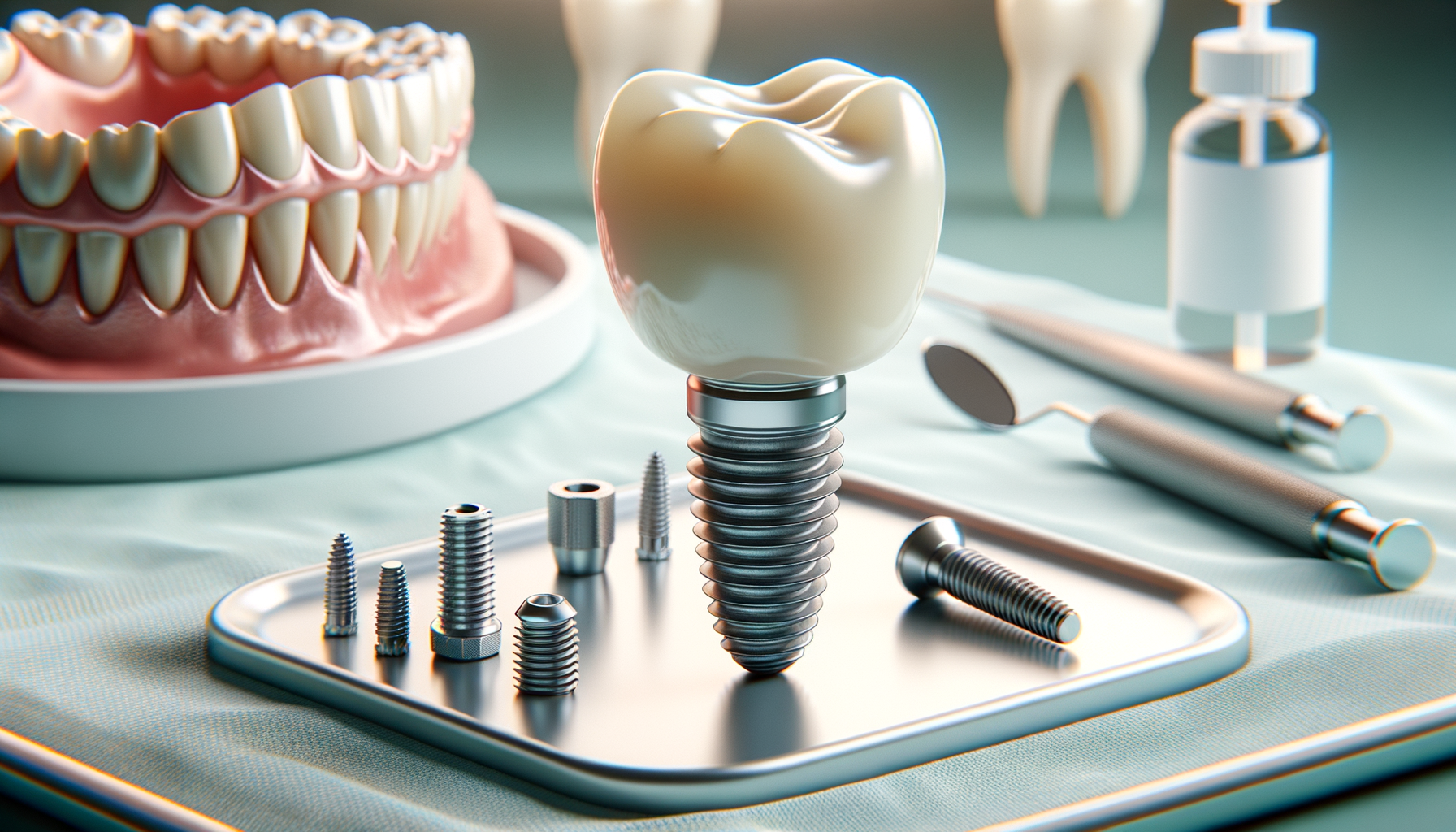Introduction to Dental Implants
Dental implants have revolutionized the way people approach tooth replacement. Offering a stable and natural-looking solution, they have become a popular choice for those seeking to restore their smile and oral function. Unlike traditional dentures or bridges, dental implants provide a permanent foundation for replacement teeth, making them a highly desirable option for many. This article explores the various aspects of dental implants, helping you understand if they might be the right choice for you.
The Process of Getting Dental Implants
Understanding the process of getting dental implants can ease any apprehensions you might have. The journey typically begins with a comprehensive dental examination, including X-rays and impressions of your teeth and jaw. This initial step ensures that your jawbone is healthy enough to support an implant.
The next phase involves the surgical placement of the implant into the jawbone. This procedure is usually done under local anesthesia to ensure comfort. Once the implant is placed, a period of healing is required, during which the bone grows around the implant in a process known as osseointegration. This crucial step can take several months but is essential for the stability of the implant.
After successful integration, an abutment is attached to the implant, which acts as a connector for the replacement tooth. Finally, a custom-made crown is placed on the abutment, completing the process and restoring the appearance and function of the missing tooth.
Benefits of Dental Implants
Dental implants offer numerous advantages over other tooth replacement options. One of the most significant benefits is their durability. With proper care, dental implants can last a lifetime, making them a cost-effective long-term solution.
Another advantage is their ability to preserve jawbone health. When a tooth is lost, the underlying bone can deteriorate over time. Implants stimulate the bone, preventing this loss and maintaining facial structure. Additionally, implants provide a natural look and feel, allowing individuals to eat, speak, and smile with confidence.
Furthermore, dental implants do not require the alteration of adjacent teeth, as is often necessary with bridges. This preservation of natural teeth is an appealing feature for many patients.
Potential Challenges and Considerations
While dental implants offer numerous benefits, there are also challenges and considerations to keep in mind. The initial cost of implants can be higher than other options, which may deter some individuals. However, the long-term benefits often outweigh the upfront investment.
Another consideration is the time commitment. The process from start to finish can take several months, requiring patience and commitment from the patient. Additionally, not everyone is an ideal candidate for implants. Factors such as insufficient bone density or certain medical conditions can affect eligibility.
It is essential to consult with a dental professional to assess your individual situation and determine the best course of action.
Caring for Your Dental Implants
Proper care and maintenance are crucial for the longevity of dental implants. Just like natural teeth, implants require regular brushing and flossing to prevent plaque buildup and maintain oral health.
Routine dental check-ups are also essential. During these visits, your dentist will ensure that the implant is functioning correctly and that the surrounding gums and bone remain healthy.
Additionally, avoiding habits such as smoking and excessive consumption of hard foods can prolong the life of your dental implants. By following these guidelines, you can enjoy the benefits of a beautiful and functional smile for years to come.
Conclusion: Is a Dental Implant Right for You?
Dental implants offer a remarkable solution for those seeking to replace missing teeth. With their ability to provide a stable, natural-looking, and long-lasting option, they have become a favored choice for many individuals. However, it is essential to weigh the benefits against the challenges and consult with a dental professional to determine if they are the right fit for your needs. By understanding the process, benefits, and care involved, you can make an informed decision that enhances your oral health and overall quality of life.




Leave a Reply